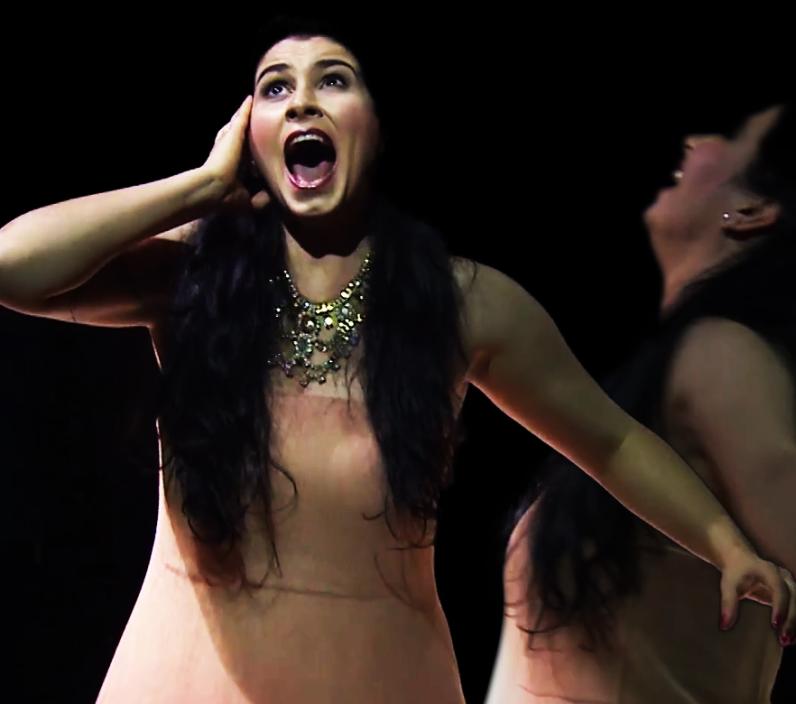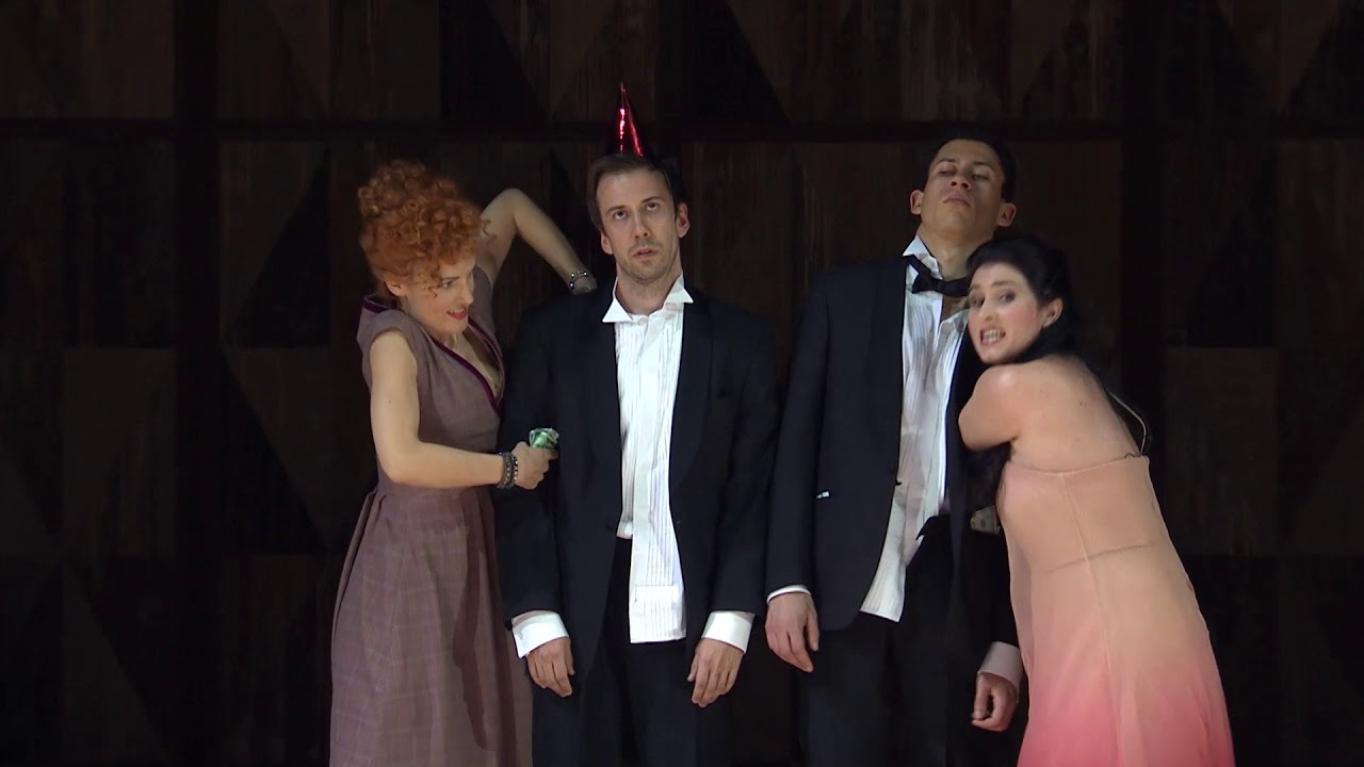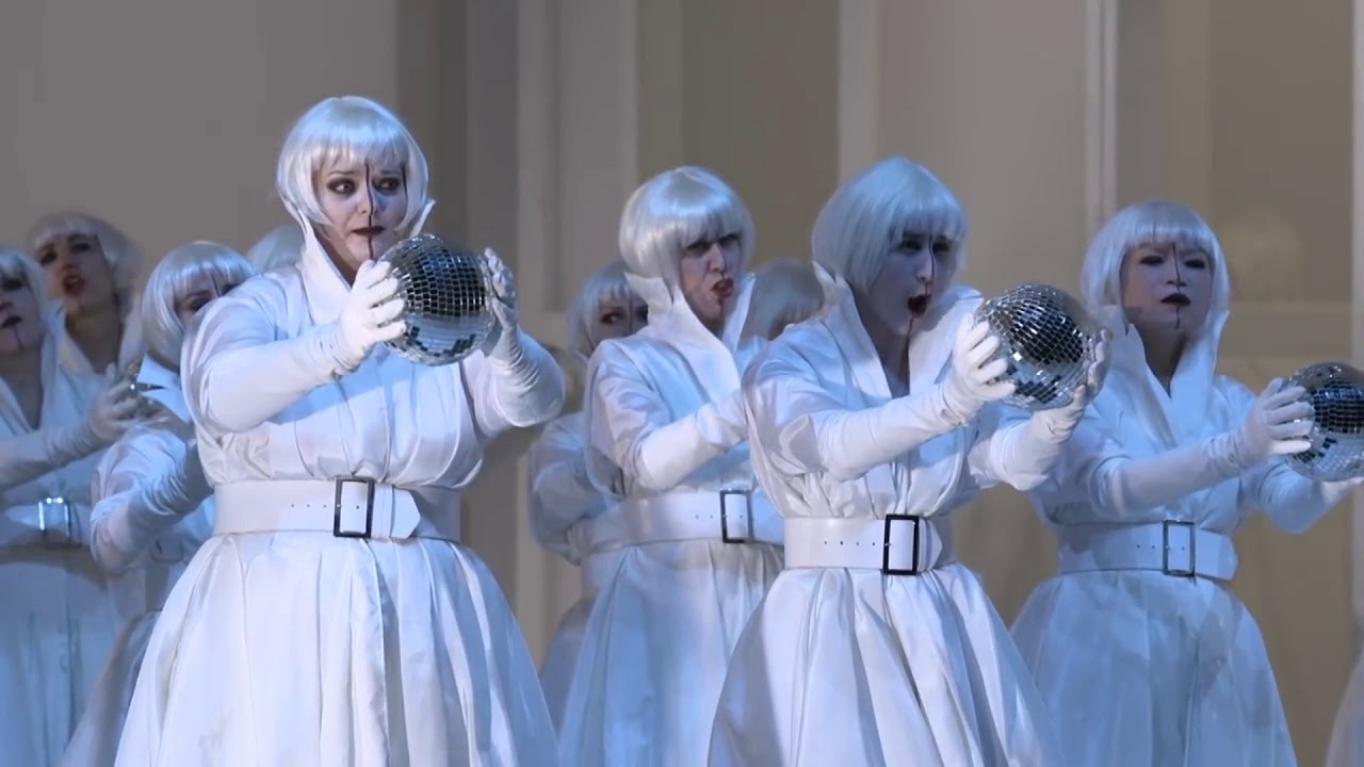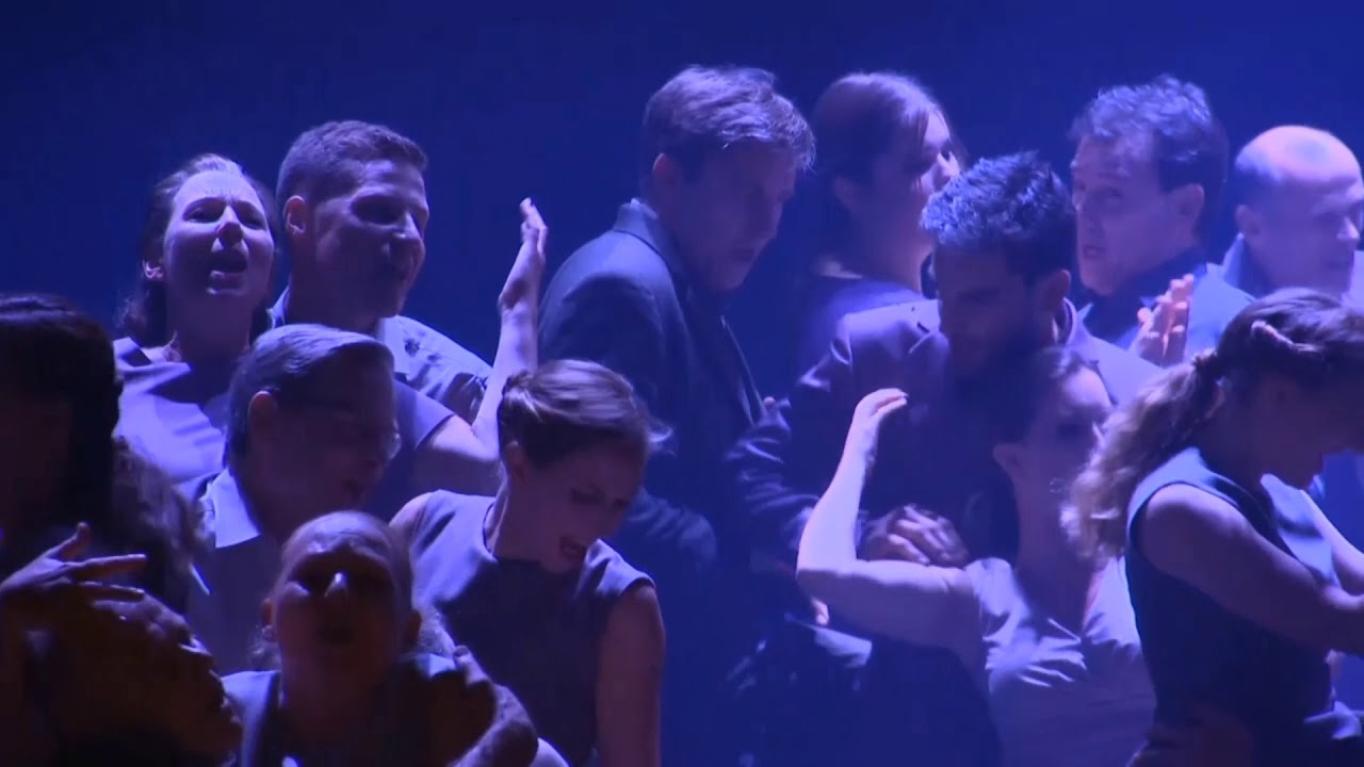

Summer hits: soprano
Violetta Valéry, a soprano par excellence
Have you ever heard of Violetta Valery, the sulky courtesan who succumbs to love?
Her role in Verdi's La traviata requires absolute control. Take her ‘Sempre Libera’. The difficulties are numerous: scales, arpeggios, trills, notes up to high C, notes sung at speed, Allegro Brillante. In this aria, Violetta thinks back on her evening with guests. Alfredo has declared his love for her. But for her, love means nothing. The border between madness and joy is blurred; Violetta is repeatedly troubled, especially when Alfredo's voice is heard from the street. Violetta stops abruptly. Then she leaves her dreamy state, and resumes in a dizzying register of high-pitched notes.
What does it mean to be a soprano?
A soprano voice corresponds to a range that is above that of the mezzos and altos, tenors and basses. It is the highest operatic voice type, sitting between middle C and high C - 15 note range. You may have already heard of Maria Callas, Ana Netrebko, Patricia Petibon, Nathalie Dessay... They are all sopranos each with a particular character to their voice. There are different types of soprano voices, depending on the timbre or the power of the voice. Dramatic sopranos can be distinguished from light sopranos, or a coloratura soprano. Santuzza, in Cavalleria rusticana is an exemplary role for a dramatic soprano.
There are also male sopranos or castrati in the Baroque and Classical repertoire. Today, they are called most commonly known as countertenors.
Two other great roles for the soprano
Sopranos often play leading roles. Here are two examples:
In questa reggia ('In this palace') is an aria sung by Princess Turandot in Act II Scene II, in Puccini's masterpiece. The role is written for a dramatic soprano. Turandot recounts that, some years ago in this same palace, a princess was conquered by the king of Tartars, raped and murdered. She decides to avenge this death. Whoever wishes to marry her must solve an enigma. In case of failure, the suitor must die.
Endless pleasure, endless love. In Handel's Semele's Act I, Ino understands the love that unites Jupiter and Semele. Cadmus announced Semele's abduction by an eagle. Everyone mourns her disappearance. Semele appears from heaven, sighing with love for Jupiter.



